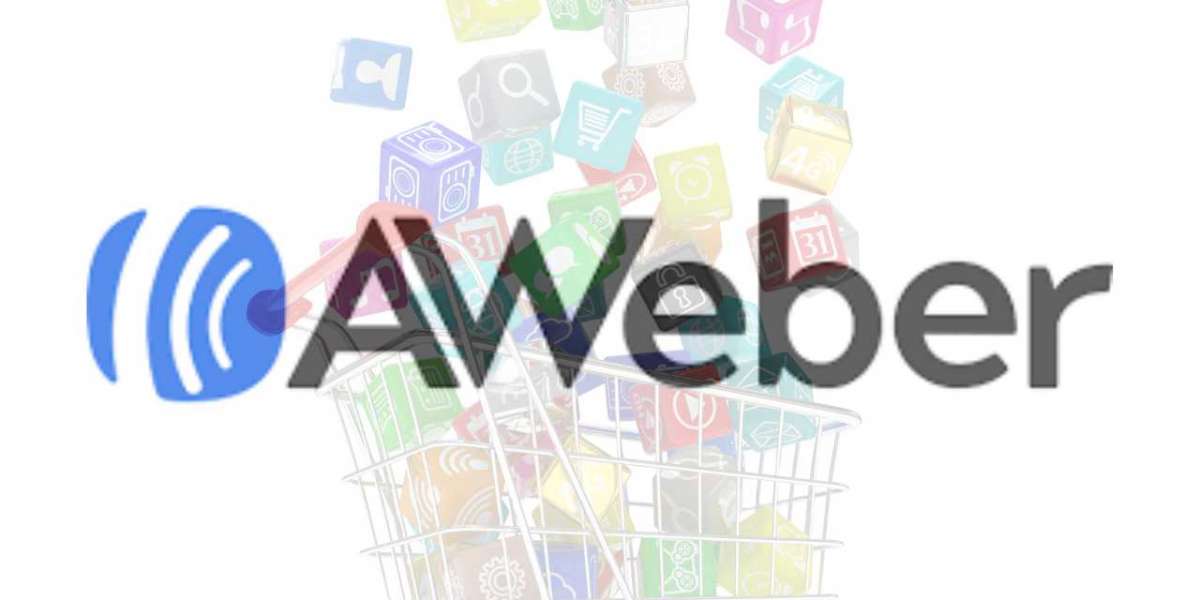In the ever-changing landscape of the digital world, marketing strategies have evolved significantly to keep pace with emerging technologies and shifting consumer behaviors. From the early days of the internet to the current era dominated by social media and artificial intelligence, the evolution of digital marketing has been nothing short of revolutionary.
The Era of Static Websites:
Digital marketing began with the advent of the internet and static websites. In the late '90s and early 2000s, businesses focused on establishing an online presence through basic websites. Email marketing and banner ads were among the primary tools used to reach audiences.
Search Engine Optimization (SEO) Takes Center Stage:
As the internet matured, search engines became the gateway to online information. This led to the rise of SEO as a crucial digital marketing strategy. Marketers began optimizing their content to rank higher in search engine results, laying the foundation for a new era of targeted and organic online visibility.
Social Media Revolution:
The mid-2000s witnessed the rise of social media platforms like Facebook, Twitter, and LinkedIn. Marketers quickly recognized the potential of these platforms to connect with audiences on a more personal level. Social media marketing emerged as a powerful tool for building brand awareness, engaging customers, and driving website traffic.
Mobile-First Approach:
With the proliferation of smartphones, marketers had to adapt their strategies to the mobile environment. Mobile marketing, including responsive website design, mobile apps, and SMS campaigns, became essential for reaching consumers who were increasingly accessing information on the go.
Content is King:
The importance of content marketing soared as consumers sought valuable, informative, and entertaining content. Blogging, video marketing, and podcasts gained prominence as effective ways to engage audiences. Brands started focusing on creating compelling narratives and establishing themselves as authorities in their respective industries.
Data-Driven Decision Making:
The rise of analytics tools allowed marketers to track and measure the performance of their campaigns more effectively. Data-driven decision-making became a cornerstone of successful digital marketing strategies, enabling businesses to refine their approaches based on real-time insights and user behavior.
Personalization and Customer Experience:
As consumers became more discerning, the emphasis shifted towards personalized marketing. AI and machine learning played a crucial role in analyzing customer data to deliver personalized content and experiences. This shift from mass marketing to tailored communication strengthened the bond between brands and their audiences.
Video Dominance and Live Streaming:
Video content gained immense popularity, with platforms like YouTube and later TikTok becoming major players. Live streaming on platforms like Instagram and Facebook provided a new way for brands to connect with audiences in real-time, fostering a sense of immediacy and authenticity.
Influencer Marketing:
The rise of social media influencers created new opportunities for brands to reach target audiences through trusted personalities. Influencer marketing leverages the credibility and reach of influencers to promote products and services authentically.
Artificial Intelligence and Automation:
The latest frontier in digital marketing involves the integration of artificial intelligence and automation. AI-driven chatbots, personalized recommendations, and automated email campaigns are just a few examples of how technology is enhancing efficiency and delivering more personalized customer experiences.
Conclusion
The evolution of digital marketing strategies reflects the dynamic nature of the digital landscape. From static websites to AI-driven automation, the journey has been marked by continuous innovation. Staying ahead in the digital marketing game requires not only embracing current trends but also anticipating and adapting to future advancements. As technology continues to evolve, so too will the strategies that drive successful digital marketing campaigns.








